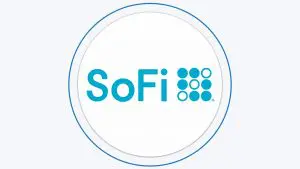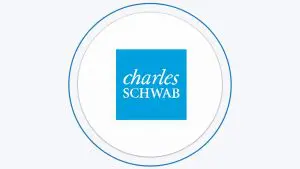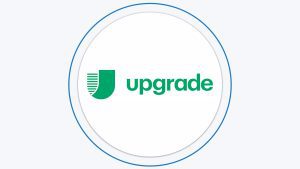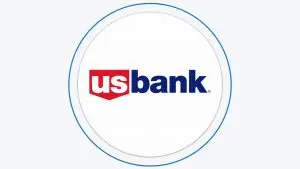Table Of Content
What Is A Third-Party Check?
A third-party check is a check that is endorsed over to a person or entity that is not the original payee. In other words, the check is signed over by the person or entity that was originally paid, to a third party who will then receive the funds.
For example, suppose you receive a check from someone, but you owe money to a third party. Instead of cashing the check and then using the money to pay the third party, you can endorse the check over to the third party, who can then deposit or cash the check themselves.
Third-party checks are often used for business purposes, such as when a company needs to pay a vendor but does not have the vendor's bank account information.
However, many banks have policies against accepting third-party checks or may place a hold on the funds to ensure that the check clears before releasing the money. Additionally, there is a risk of fraud associated with third-party checks, as they can be used by scammers to steal funds from unsuspecting individuals or businesses.
Third-Party vs. Personal Check: Main Differences
The main difference between a third-party check and a personal check is who writes and endorses the check, as well as who receives the funds.
Feature | Third-Party Check | Personal Check |
|---|---|---|
Payee | Made payable to one person, but can be endorsed over to another person. | Made payable to the person who signs it. |
Endorsing | Must be endorsed by the original payee before it can be deposited or cashed. | Does not need to be endorsed. |
Security | More secure, as the original payee must endorse the check before it can be deposited or cashed. | Less secure, as it does not need to be endorsed. |
Convenience | Less convenient, as the original payee must endorse the check before it can be deposited or cashed. | More convenient, as it does not need to be endorsed.
|
A personal check is a check that is written by an individual using their own bank account. The individual who writes the check is the payor or drawer, and the person or entity to whom the check is written is the payee. The payee is the intended recipient of the funds and can deposit or cash the check themselves.
On the other hand, a third-party check is a check that is endorsed over to a person or entity that is not the original payee. The original payee endorses the check over to a third party, who then receives the funds. The third party is not the intended recipient of the funds and may have their own reasons for receiving the money.
Another important difference is that personal checks are typically used for transactions between individuals or businesses, while third-party checks are often used in situations where someone owes money to another person or entity and the debt is being paid with a check.
Top Offers From Our Partners
• Receive a cash bonus of $1,500 when you deposit or invest $100,000 – $199,999.99
• Receive a cash bonus of $2,000 when you deposit or invest $200,000 – $299,999.99
• Receive a cash bonus of $2,500 when you deposit or invest $300,000 – 499,999.99
• Receive a cash bonus of $3,500 when you deposit or invest $500,000+
• Earn an extra $500 when you set up recurring monthly Direct Deposits totaling at least $5,000 for 3 months
Top Offers From Our Partners
• Receive a cash bonus of $1,500 when you deposit or invest $100,000 – $199,999.99
• Receive a cash bonus of $2,000 when you deposit or invest $200,000 – $299,999.99
• Receive a cash bonus of $2,500 when you deposit or invest $300,000 – 499,999.99
• Receive a cash bonus of $3,500 when you deposit or invest $500,000+
• Earn an extra $500 when you set up recurring monthly Direct Deposits totaling at least $5,000 for 3 months
Where Can I Cash A Third Party Check?
The ability to cash a third-party check can vary depending on the policies of individual banks, retailers, and apps. Here are some options to consider:
-
Banks And Credit Unions
Some banks and credit unions will cash third-party checks, but policies can vary. Some banks may require both the original payee and the third party to be present with identification, while others may allow the third party to cash the check with just their own identification.
Some banks may also charge a fee for cashing a third-party check. It is best to check with the specific bank in question to understand their policies and fees.
-
Currency Exchange
A cash checking service at a currency exchange can be used to cash a third-party check, along with other financial services. Popular check-cashing stores like ACE Cash Express, Check ‘N Go, and The Check Cashing Store provide this service.
To ensure a successful transaction, it's best if both the third-party and original payee are present during the cashing process, as some financial institutions may require in-person verification with both parties.
-
Retailers (Very Rare)
Some retailers, such as Walmart and grocery stores, offer check cashing services. They may also cash third-party checks, but policies and fees can vary. However, this is not common – for example Walmart doesn't allow 3rd party check cashing.
Some retailers may require the original payee and third party to be present, while others may allow the third party to cash the check with just their own identification.
How To Deposit A Third Party Check?
Depositing a third-party check involves a few extra steps compared to depositing a personal check. Here are the general steps to deposit a third-party check:
Endorse the check: The first step is to endorse the check over to the third party. This means that the original payee should sign the back of the check and write “pay to the order of [third party name]” underneath their signature.
Verify the third party's identification: The bank will want to verify the identity of the third party before allowing them to deposit the check. The third party should bring a government-issued ID, such as a driver's license or passport, to the bank.
Provide necessary documentation: The bank may require additional documentation to verify the legitimacy of the check, such as proof of payment or a written agreement between the original payee and the third party.
Deposit the check: Once the third party's identification and documentation have been verified, they can deposit the check into their own account. This can be done at a bank branch or through a mobile banking app.
It is worth noting that some banks may have additional requirements or restrictions for depositing third-party checks. Also, it's not possible to deposit a third-party check with two names on it.
Here are some things to keep in mind when depositing a third-party check:
- Make sure that the check is valid.
- Make sure that the check is not expired.
- Make sure that the check is not written for more money than you have in your account.
- Make sure that you have enough identification to deposit the check.
- Be aware of any fees that may be charged.
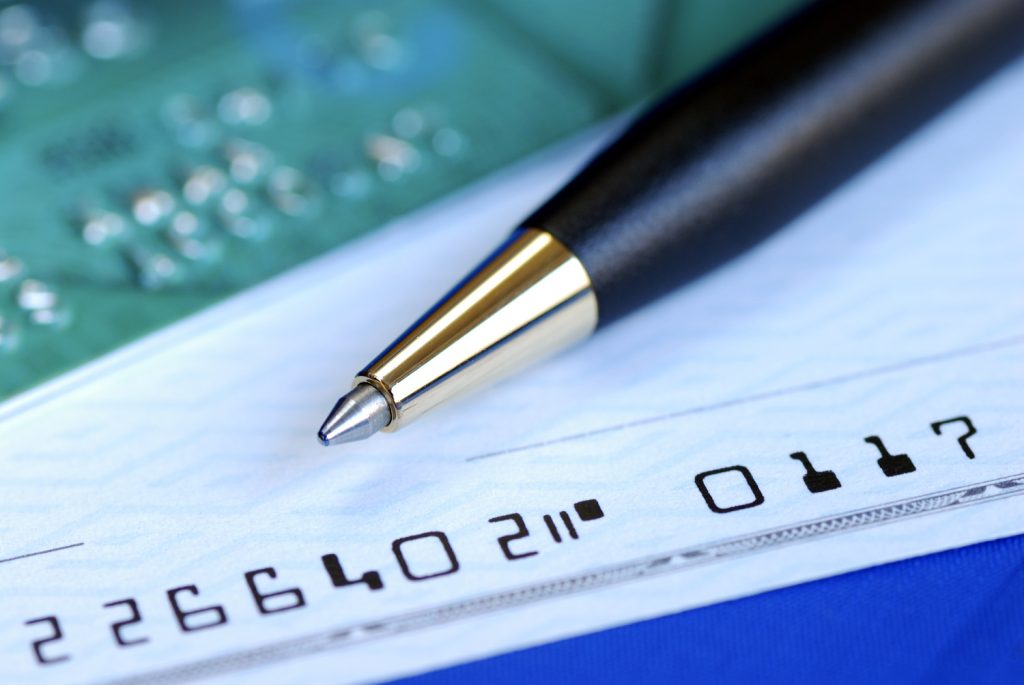
How To Endorse A Check To A Third Party?
Endorsing a check over to a third party involves a specific endorsement process that ensures the third party is authorized to receive the funds. Here are the general steps to endorse a check to a third party:
Turn over the check: First, turn the check over and locate the endorsement area on the back of the check. This is typically a blank area above or below the line that says “endorse here.”
Sign the check: The person who is listed as the payee on the front of the check (the original recipient) should sign the check on the endorsement line. This signature should match the signature on the front of the check.
Write the third party's name: Below the signature, the payee should write “pay to the order of [third party name].” This indicates that the payee is endorsing the check over to the third party.
Provide identification: Depending on the institution, the third party may need to provide identification when depositing or cashing the check. The payee may also be required to provide identification to verify their endorsement.
It's important to note that endorsing a check over to a third party can be risky, as it gives the third party access to the funds without any obligation to use the money for the payee's intended purpose.
FAQs
Will Walmart cash a third party check?
No, Walmart will not cash a third-party check. They only cash checks that are made payable to the person who is cashing them.
Can I cash a third party check on Venmo?
No, you cannot cash a third-party check on Venmo. Venmo is a peer-to-peer payment app that allows you to send and receive money from friends and family. It does not allow you to cash checks.
Can you cash a third party check at an ATM?
No, you cannot cash a third-party check at an ATM. ATMs are only able to cash checks that are made payable to the person who is cashing them.
Does PayPal cash third party checks?
No, PayPal does not cash third-party checks. PayPal is an online payment service that allows you to send and receive money from friends and family. It does not allow you to cash checks.
What is the difference between a third-party check and a cashier's check?
A third-party check is a personal check that is endorsed over to a third party, while a cashier's check is a check that is guaranteed by the bank and typically used for large transactions.
What are the risks associated with third-party checks?
Third-party checks can be subject to fraud or misuse, as they give someone else access to the funds without any obligation to use the money for the payee's intended purpose.
Can I deposit a third-party check online?
Some banks may offer the ability to deposit a third-party check through their mobile banking app or website. However, additional verification or documentation may be required.
How can I tell if a third-party check is legitimate
To determine if a third-party check is legitimate, it is important to verify the identity of the original payee and the third party, and to confirm that the check is not counterfeit or altered.





